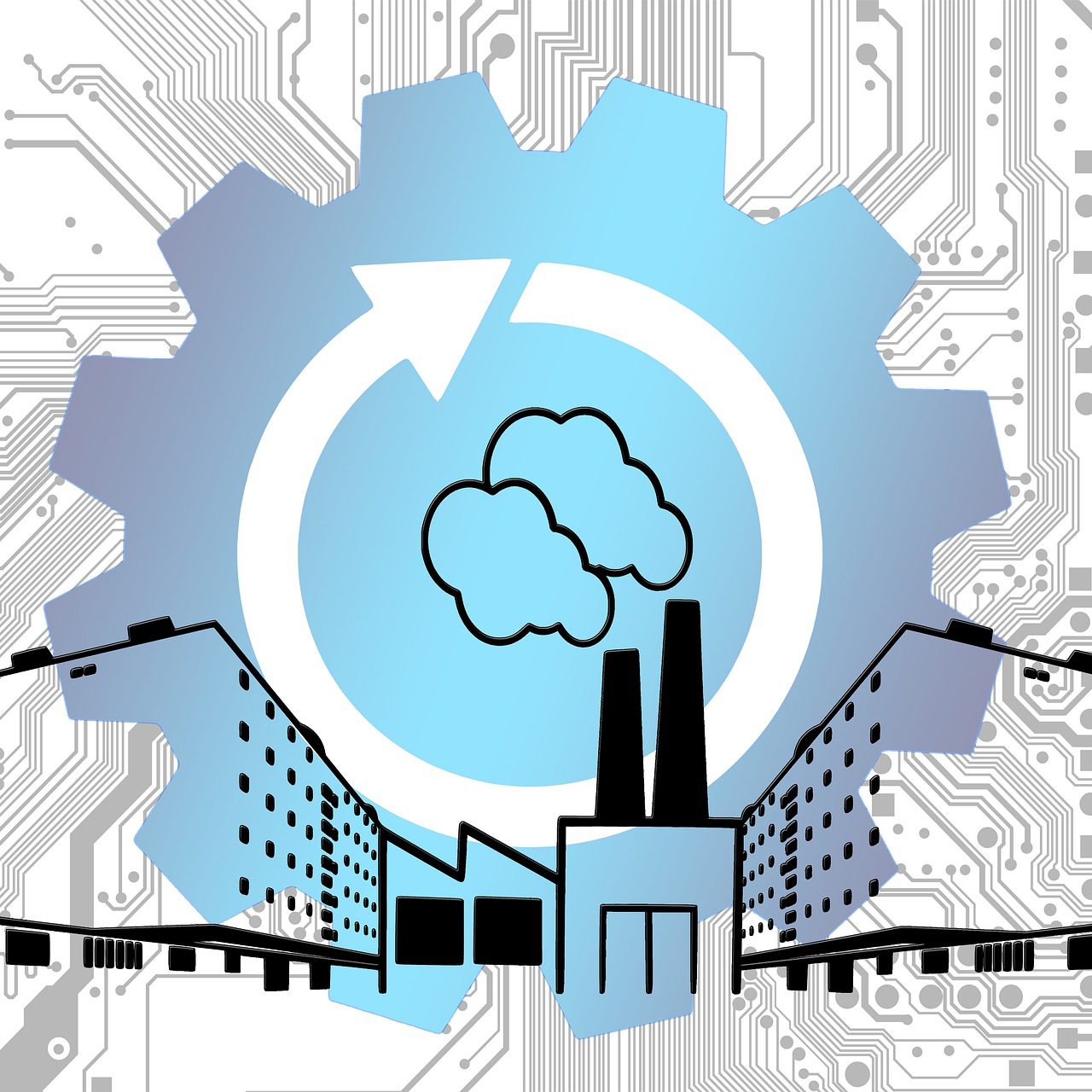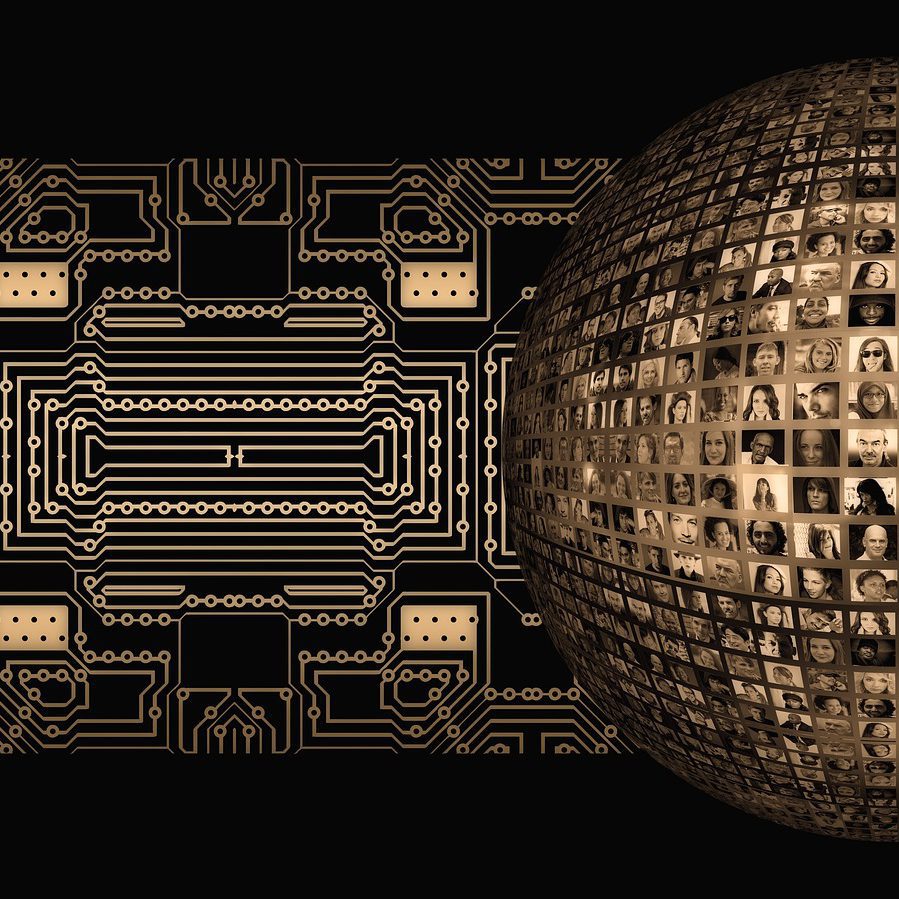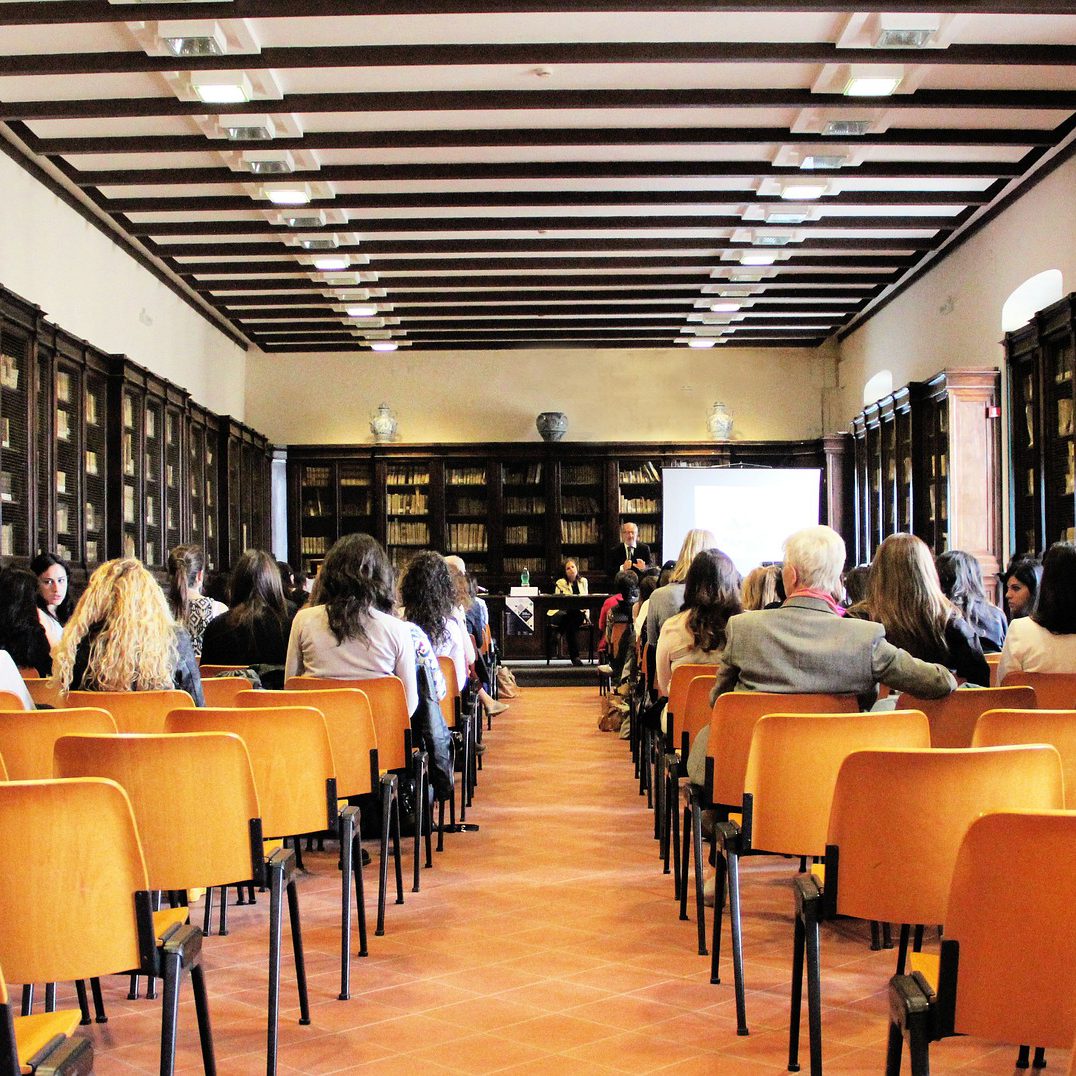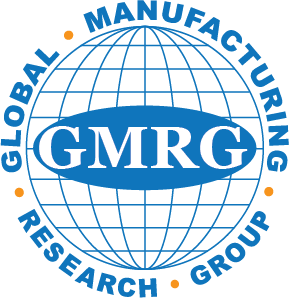Our Researches
The Laboratory of Operations Management and Logistics Analysis for Sustainability is focused on sustainability transitions in logistics, in supply chains and on the UN Sustainable Development Goals, from the 2030 Agenda for Sustainable Development, in particular: on SDG#8 (decent work and economic growth ), SDG#9 (industry, innovation and infrastructure), SDG#12 (responsible consumption and production), SDG#13 (action against global climate change) and SDG#17 (partnerships and means of implementation). It addresses public policies and the management of business processes related to sustainable production and consumption, with extensive international collaboration. The laboratory brings the demands for transforming the industrial and service sectors to the academic setting, proposing solutions to environmental issues and extra-mural extension activities.
Our research topics

Supply chain integration
Supply chain integration is the process of planning and managing the activities of acquiring, producing, distributing, delivering and returning products and services to efficiently and effectively meet customer needs. This involves coordinating the activities of multiple suppliers, manufacturers, distributors, transporters and other business partners along the supply chain. Supply chain integration aims to increase efficiency, reduce costs and improve product and service quality. This can be achieved through supply chain planning and management techniques such as information systems, demand planning, inventory management and supplier relationship management.

Sustainability transition
The sustainability transition is the process of changing social, economic and environmental systems towards a more sustainable and balanced future. This involves implementing more sustainable practices and policies in energy, production, consumption, transport, housing, agrifood industry, deforestation and other land use to promote the just and responsible use of natural resources and protect people and prosperity. The sustainability transition also includes developing cleaner technologies and promoting behavioural changes that promote human well-being and social development.

Sales and Operations Planning
Sales and Operations Planning, designated by the English acronym of S&OP (“Sales and Operations Planning”) is a cross-functional and integrated process of tactical planning and a cohesive set of management practices that unify different business plans (sales, marketing, development of new products, manufacturing, purchasing and finance) into a set of plans integrated internally and across the supply chain, with the purpose of creating value and impacting the companies’ performance. It aims to balance supply and demand at the level of products and product families, with a planning horizon that coincides with the business strategic planning cycle. Process efficiency is measured and evaluated for continuous improvement. It comprises a cohesive set of management practices, aimed at encouraging horizontal alignment (between functions) and vertical alignment (from the business plan to operations), in the company and in the supply chain.

Digital Transformation
Digital transformation is the process of integrating digital technologies into all aspects of a company or organization, with the aim of increasing efficiency, agility and competitiveness. This includes using digital tools to automate processes, improve communication and collaboration, and access and analyze data in real time. Digital transformation also involves changing mindsets and adapting to new ways of working and relationships with customers and partners. It can have a significant impact on organizational structures, corporate culture and employee skills.

Industry 4.0
Industry 4.0 is a concept that refers to the fourth industrial revolution, which is characterized by the increasing use of advanced technologies, such as the internet of things (IoT), artificial intelligence (AI) and robotics, in the production and management of industries. Industry 4.0 promotes the automation and digitization of production and management processes, allowing greater efficiency, flexibility and agility in production. It also involves integrating information systems and analyzing real-time data to make more informed decisions and adapt production to changing market conditions. Industry 4.0 can have a significant impact on organizational structures, company culture and employee skills.

Servitization
Servitization is the process of offering services together with products in order to add value to products and increase customer satisfaction. This may include installation, maintenance, repair, training, technical support and other services. Servitization can be an effective strategy to differentiate the company from its competitors and increase customer loyalty. It can also help the company generate additional revenues through the sale of services and increase operational efficiency, as services can be performed more efficiently than the production of products. Servitization may also require adaptation of organizational structures and changes in business culture to adapt to the service-based business model.

Blockchain applications in supply chains and logistics
Blockchain applications in supply chains and logistics aim to increase the transparency, security and efficiency of these processes. Blockchain is a type of distributed database that stores information in a series of chained blocks, which makes data immutable and secure against unauthorized changes. This can be useful in the supply chain and logistics, as it allows the traceability of products and materials, verification of compliance with standards and regulations, and automation of processes with smart contracts. Furthermore, blockchain can help reduce administrative and transaction costs and increase trust between business partners.

Public policy
We adopt methods and research to analyze the impact of different policies and help make decisions about which policies should be implemented and how they should be implemented. We develop models that help predict the impact of policies and evaluate the effectiveness of policies already in place. In addition, we can provide you with valuable insights into how policies can be improved to be more effective and efficient. This can increase the effectiveness of public policies and contribute to the promotion of society’s well-being.

Global Manufacturing Research Group
The Global Manufacturing Research Group (GMRG) is an international community of researchers, academic scholars, and industry professionals dedicated to conducting survey-type research or systematic studies to improve the international manufacturing supply chain. The group achieves this by sharing ideas, results and concepts with manufacturing stakeholders around the world. The GMRG serves to strengthen the link between research and practice.
Our methods
Big data analytics
Multivariate econometric analysis (structural equation modeling, stepwise regression, clusters)
Multicriteria analysis
Statistical data collection and analysis
Literature reviews (systematic, scope, bibliometrics)
Case studies
Surveys
Design science
Action research
Social media
About DEI
The Department of Industrial Engineering (DEI) at PUC-Rio offers excellent teaching (undergraduate and graduate), research and extension activities, resulting in the training of Engineers and researchers with successful careers in Industry and Academia, publications of the highest impact on qualified national and international scientific journals, and successful partnerships with the Society.
About CTC
The Scientific Technical Center (CTC) has a teaching staff of approximately 200 professors working continuously, with doctorates obtained in the best institutions in the country and the world. Interactions with the market take place through consultancy and the provision of highly specialized services, for the development of products and processes, and by training or improving human resources.